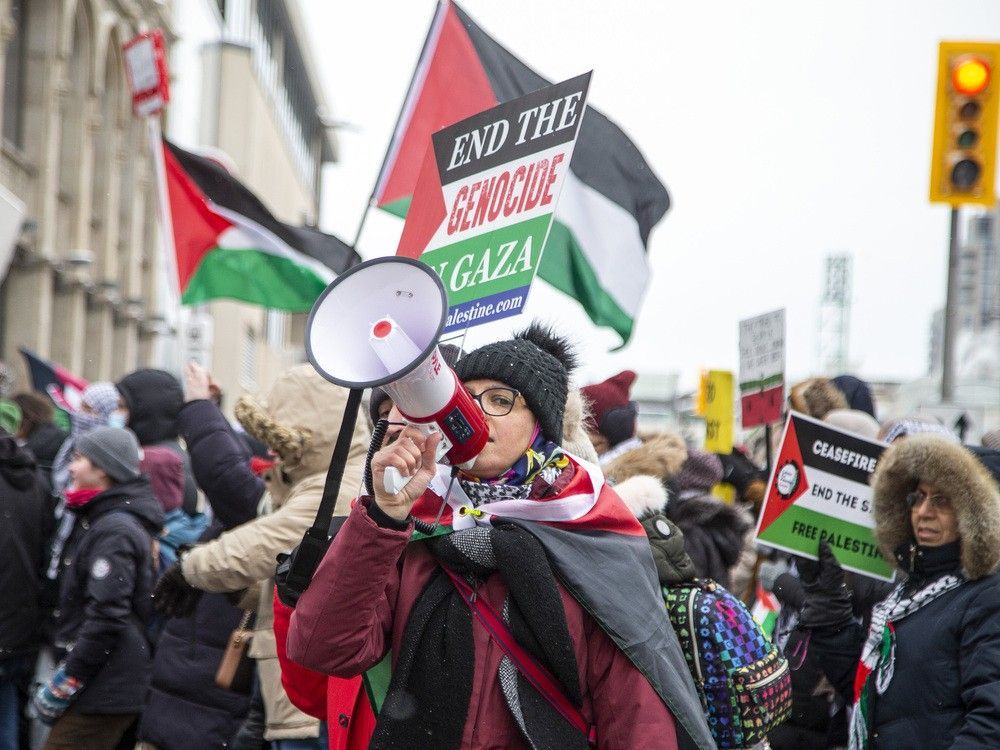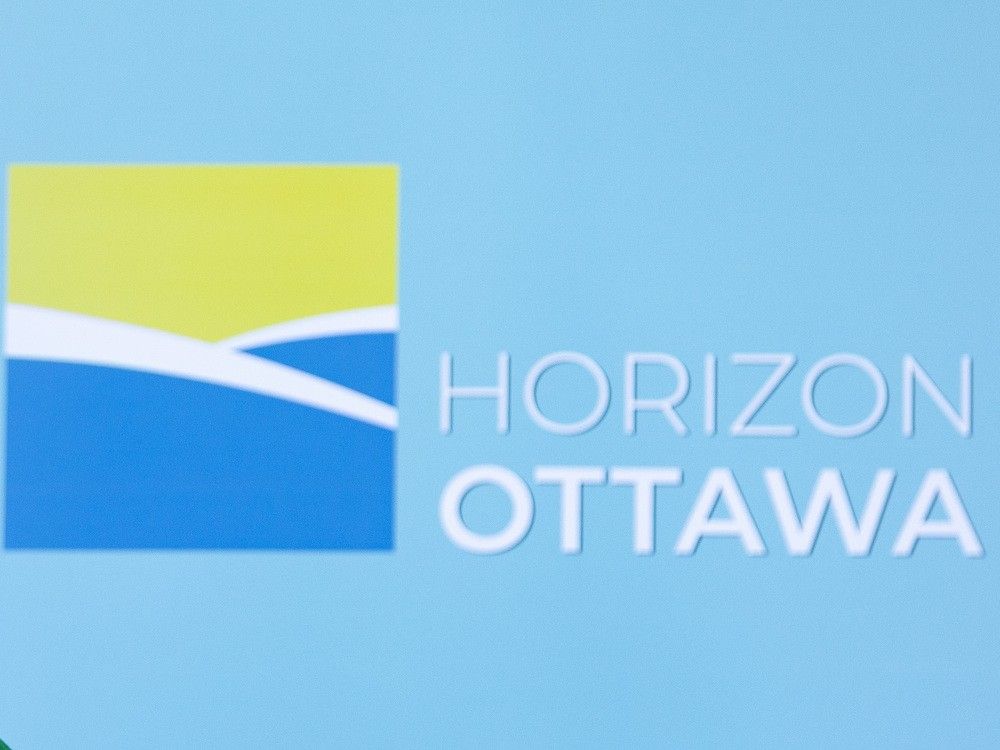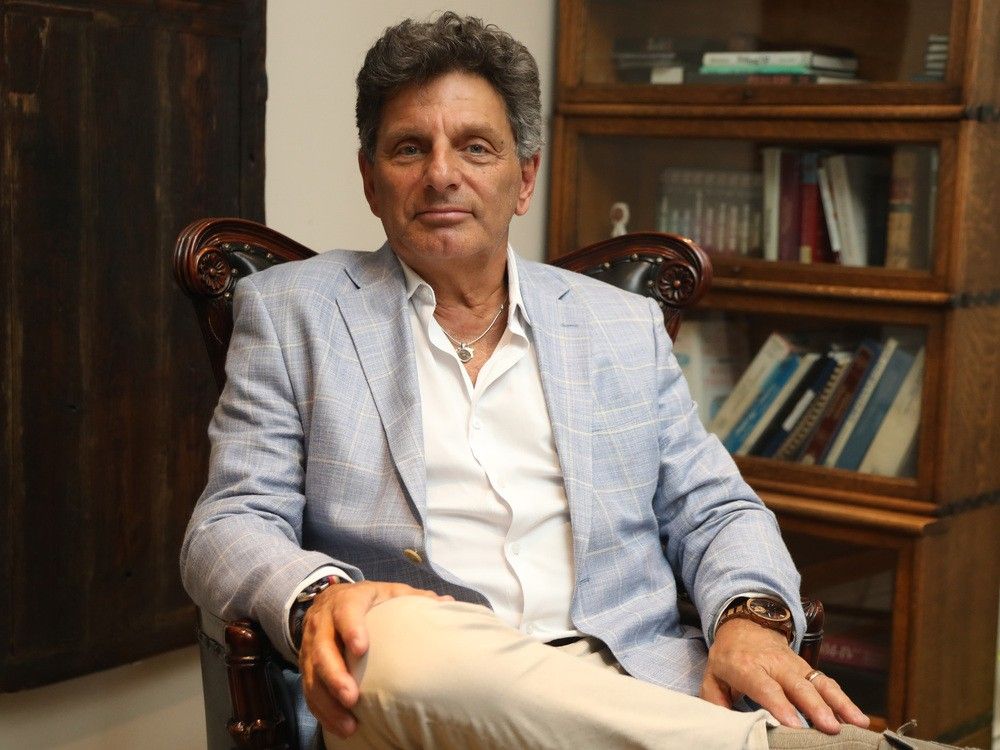
Horizon Ottawa has signed a Canadian Civil Liberties Association letter calling on the federal government to rethink the Combatting Hate Crimes Act because it is a “significant expansion of state power” that could potentially infringe on the Charter rights of freedom of expression and peaceful assembly.
The letter, which was sent to Justice Minister Sean Fraser’s office on Oct. 6, said the bill failed to meet the the required democratic balance and infringes on rights guaranteed in the Charter of Rights and Freedoms as well as international law.
The bill would escalate and often double maximum penalties for any offence motivated by hatred, even if the Criminal Code already treated hatred as an aggravating factor at sentencing, the CCLA said, adding this could mean duplicative, excessive and disproportionate sentencing.
The new intimidation offence outlined in the bill is also so broad and vague that it could lead to arbitrary enforcement by police if passed, the letter read. It could lead to the suppression of Charter-protected freedom of expression and peaceful assembly rights, especially against marginalized and racialized groups disproportionately affected by police violence.
The letter also raised concerns about provisions in the bill that would amend the Criminal Code to remove the long-standing requirement that an attorney general consent to the initiation of proceedings for hate propaganda offences, as well as provisions that would make it a crime to display terrorism or hate symbols on the grounds that listing organizations on Canada’s terrorist entity list was a process that lacked transparency.
Horizon Ottawa, a local advocacy group, is one of 37 signatories listed in the letter.
“This bill has a lot of vague language and how that could be used by law enforcement to ascribe a certain intent to people and how those decisions are made is not really made clear,” Tom Ledgley of Horizon Ottawa said in an interview with the Ottawa Citizen.
“Bill C-9 does not really give us any clues as to why we would not be concerned about anecdotal reports of intimidation that could lead to people being charged with hate crimes. That’s a very big step up from what we would see now.”
The letter came after Fraser tabled the Combatting Hate Crimes Act, also known as Bill C-9, in the House of Commons in September amid a rise in hate crimes nationally.
According to Statistics Canada, the number of police-reported hate crimes has more than doubled in the past four years.

Ledgley raised concerns over what Bill C-9 would mean for people in Ottawa, especially since city staff are also drafting a “bubble bylaw.”
According to Ledgley, the bylaw would further infringe on Ottawans’ rights to free expression and peaceful assembly.
He pointed to incidents when city bylaw officers issued 17 tickets to pro-Palestinian protesters for using megaphones and loudspeakers during protests in December 2023 and early 2024. While prosecutors ultimately decided to withdraw those noise bylaw violation tickets , many protesters want the city to re-evaluate the application of its noise bylaw and whether it infringes on Charter rights on peaceful assembly.
“It’s virtually inevitable that, if Ottawa were to pass a law like this, it is going to face a bunch of legal challenges,” Ledgley said. “I cannot understand why they couldn’t just take a step back and stop doing work on this, stop putting staff resources into this until they have answered fundamental questions like whether it is constitutional.”
Horizon Ottawa, along with the other signatories in the CCLA letter, wants to see more community-based approaches to combatting hate crime and protests.
The City of Ottawa and the Ottawa Police Service already have tools for that, but haven’t been using them effectively, Ledgley said. For example, school boards can seek court injunctions against planned anti-LGBTQ2S+ protests.
“I think anytime a member of an institution feels threatened by protests, if they can find a way of getting them to sit down with protest leaders and have a discussion about what is going on and what people’s intentions are … The idea of a community-based approach is mostly focused around stuff like having a dialogue between people, not jumping to broad legislation that bans behaviours outright. Try to resolve it in a more granular way overall,” Ledgley said.
Charter challenges inevitable, Greenspon says
Lawrence Greenspon, a well-known criminal defence lawyer in Ottawa, says there has always been a limitation on freedom of expression, especially when statements are hateful and targeted towards an identifiable group of people.
However, he said, the Combatting Hate Crimes Act must be able to withstand a Charter challenge.
“Undoubtedly, there will be some hater who is charged with one of these new offences, and their defence will challenge the provisions of this bill once it becomes law. They will challenge it on the basis that it’s an infringement on Section 2(b) of the Charter: freedom of expression,” Greenspon told the Citizen.
“If I can put myself in (the government’s) shoes, they’re thinking it’s a challenge under the fundamental freedom of expression section of the Charter of Rights and Freedoms, but they’re confident that they can use Section 1 to defend against that by saying it’s a reasonable limit that can be demonstrably justified in a free and democratic society.”

The lawyer said there may be crackdowns on protesters depending on the nature of each protest and where it takes place. A pro-Palestinian protest outside a Jewish long-term care home or protests may be challenged or shut down, for example.
“I think the police are going to have to use their discretion as to how they apply this law because we see a disproportionate number of protests here in the nation’s capital,” Greenspon said.
“People live in the downtown core of Ottawa, metres away from Parliament Hill. Where do they expect the protests are going to take place in Canada?”
However, Greenspon disagreed with the idea that a community-based approach was the best way to combat hate and intimidation at protests in Ottawa.
“In a utopian world, sitting down with the people that hate you and having a dialogue, that would be a wonderful thing. You’re not going to be able to sit down with a hater and try and convince them,” Greenspon said.
“The idea that education and discussion are ways of dealing with haters is a wonderful idea, but I think it’s past that point already. It’s just not realistic … The CCLA’s approach might work in a very small percentage of cases, but, when you’re talking about hate, you’re talking about something that is in a person’s brain, it’s in their heart, and they’re not likely to be easily brought to the table.”
Greenspon also criticized the City of Ottawa’s proposed bubble bylaw.
“It’s so Canadian to do this, it’s almost embarrassing … The typical Canadian response is that we believe in your right to demonstrate, but could you do it over there in a parking lot so it doesn’t annoy anybody?” Greenspon said.
“Again, it’s going to be subject to charter challenges. Hopefully, the police will enforce that legislation where it’s appropriate, but you can bet your dollar that at some point that legislation is going to be challenged on the basis that it infringes on fundamental freedom of peaceful assembly.”
Our website is your destination for up-to-the-minute news, so make sure to bookmark our homepage and sign up for our newsletters so we can keep you informed.